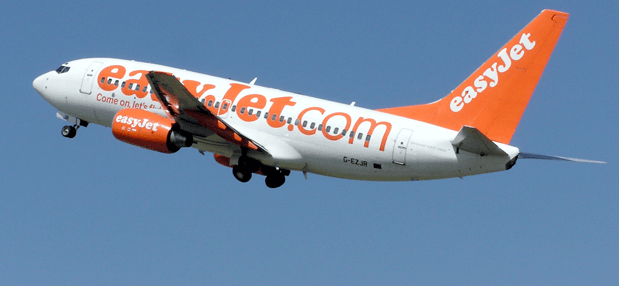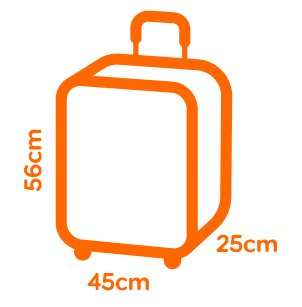Taking ashes on an Easyjet plane

Taking Ashes on an Easyjet Plane
We’ve put together this information after contacting Easyjet via phone and email support to explain firsthand EasyJet’s rules and regulations regarding traveling with ashes on their flights.

Can you take ashes on a plane with Easyjet?
Yes, you can travel with human or pet ashes on board an EasyJet flight. However, there are a few important conditions that you should bear in mind to make your journey as stress-free as possible.
- EasyJet only allows for ashes to be stored in your cabin baggage. While this may seem an annoyance initially, traveling with them close to you will provide much more peace of mind. Airlines misplace luggage daily – keeping such important cargo close is the best way to mitigate this danger.
- Ashes must be securely packed in an appropriate container. This container should be non-metallic and able to be X-ray scanned by airport security. EasyJet has confirmed that you can transport ashes in an urn (provided it’s made of the correct materials). However, you may find it better to travel with your loved one’s ashes in an easier-to-carry vessel – a plastic screw-top container or a biodegradable scatter tube. The main thing is to ensure that your loved one’s ashes are packed safely in a bag within your container and that the container is tightly shut.
- You must be traveling with a copy of the death certificate and a copy of the cremation certificate to hand. While EasyJet doesn’t require the originals, your country of destination might require them to let you in. You may also need additional paperwork depending on the country’s rules and regulations.
- Let security staff know that you’re traveling with ashes when you’re about to go through the security area. This will help ensure no delays when scanning your baggage and the safe handling of your loved one’s remains.
If you are traveling with fewer ashes, we recommend following the same procedure. While you may think it’s excessive, there’s no exclusion from the rules for smaller amounts of ashes. If you get found transporting ashes without the proper paperwork, EasyJet may remove them from your baggage – a horrible situation nobody wants!
Easyjet Flight Urn Restrictions
If you’re using an urn as a container for ashes, you need to ensure the following:
- It’s made from materials that will pass through the security x-ray. The urn must be non-metallic and preferably not dense. Wood, glass, marble or ceramic urns are all scannable – but EasyJet recommends using wood or plastic urns.
- The lid is securely sealed by the urn’s own device (screw top, for example) or glued with a strong adhesive.
- It fits within your cabin baggage. You cannot travel with the urn alone, it must be transported in your bag.
- It’s in line with EasyJet’s cabin baggage weight restrictions – 15kg max.
- It’s in line with EasyJet’s cabin baggage size restrictions
Easyjet Flight Baggage Allowance
All customers on EasyJet flights are allowed as standard one small 15kg cabin bag measuring 45cm x 36cm x 20cm. If you’re willing to pay, EasyJet offers a secondary large cabin bag allowance which measures 56cm x 45xm x 25cm.

We recommend you pick a robust urn that will safely travel on an EasyJet flight. Some EasyJet planes are very cramped, and if you carry an urn in the standard cabin baggage you will be required to place it under the seat in front of you. This is why we suggest your urn be sturdy and packaged well within your bag to protect it from breakage.
Where can I fly to with ashes?
EasyJet allows you to fly with ashes to any country they service. However, as previously mentioned, all countries have different rules and regulations regarding bringing ashes into them, so it’s best to research thoroughly before setting off.
Contacting the appropriate embassy in your destination country and asking for their requirements is the ideal way to confirm that you’ve provided adequate paperwork and minimise any stress or disappointment.
Many countries require a translated copy of the cremation certificate or proof of your relationship with the person who died – so to guarantee you achieve a positive outcome, we recommend contacting the embassy.